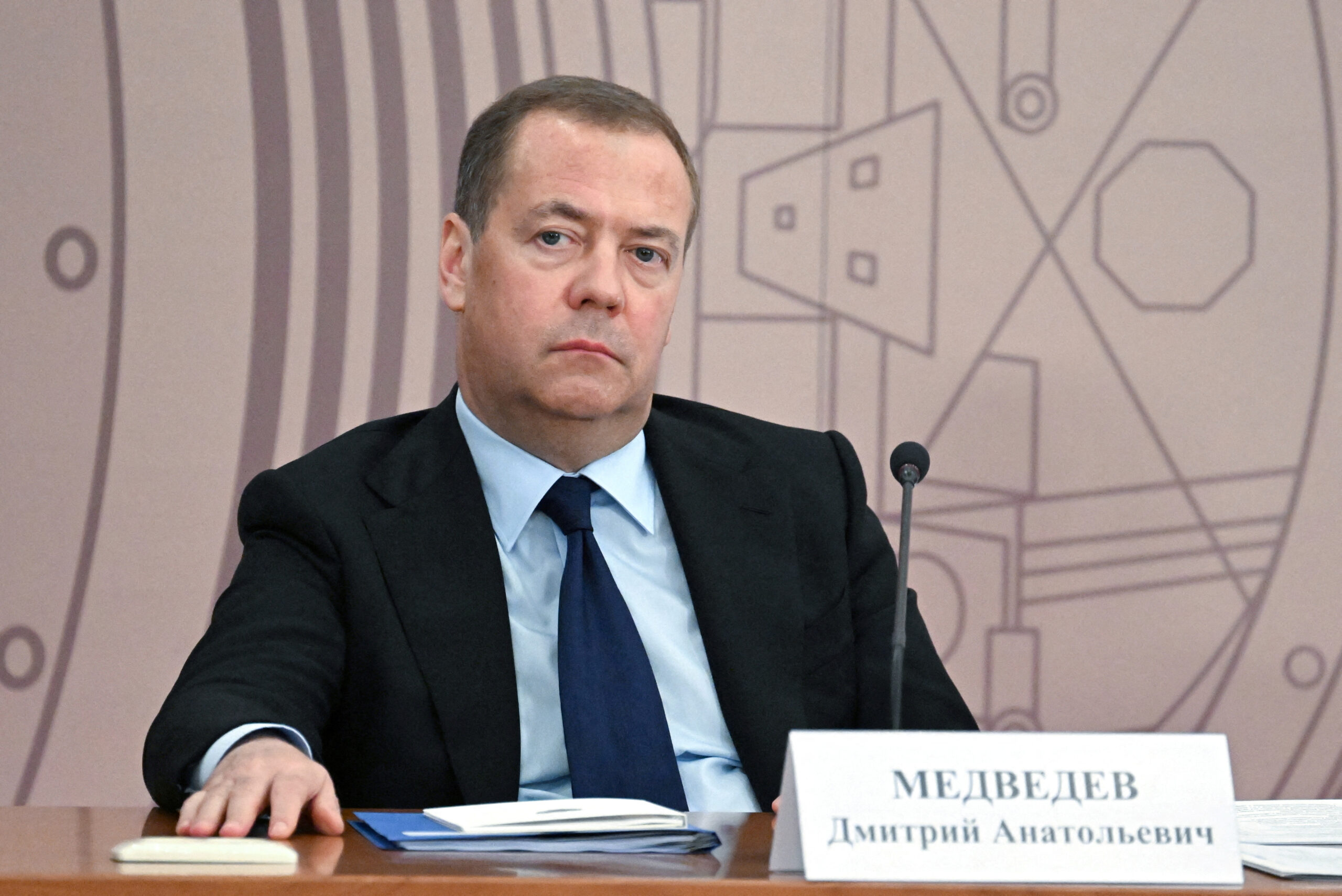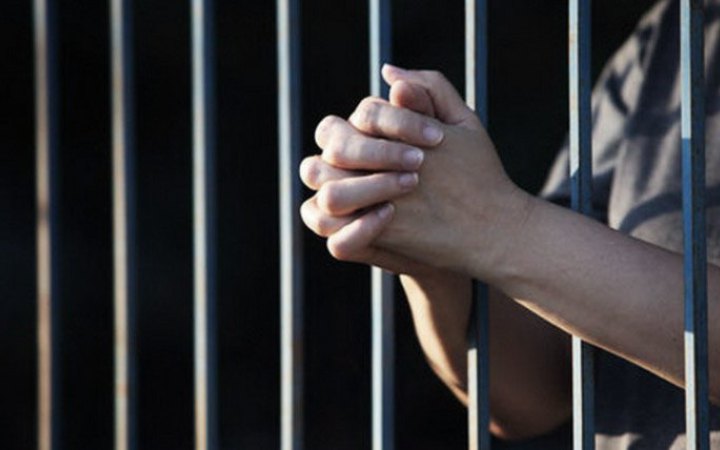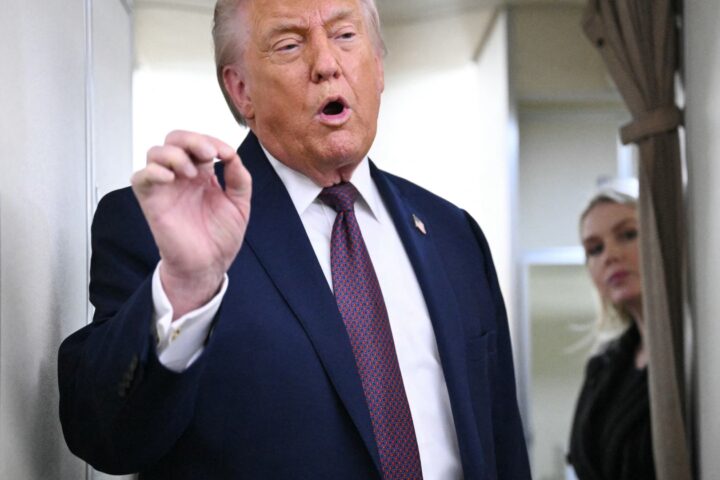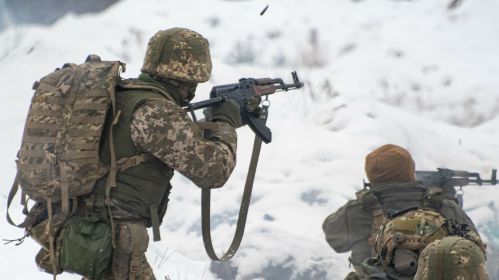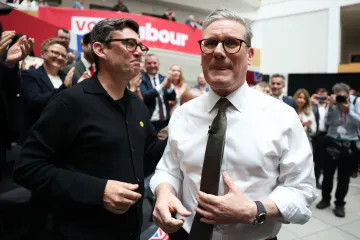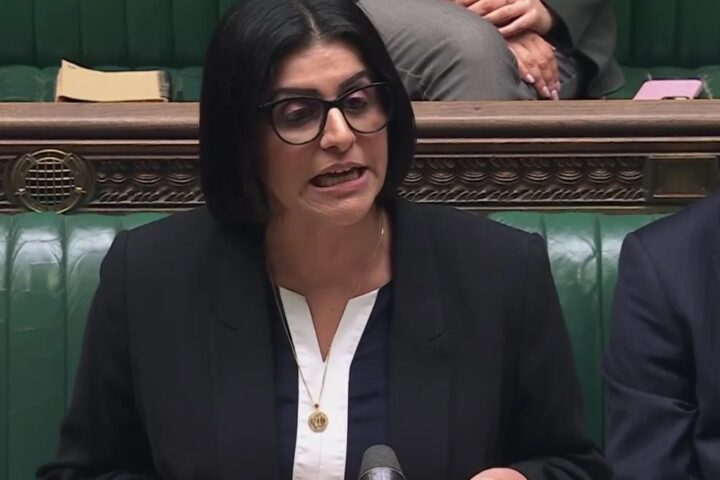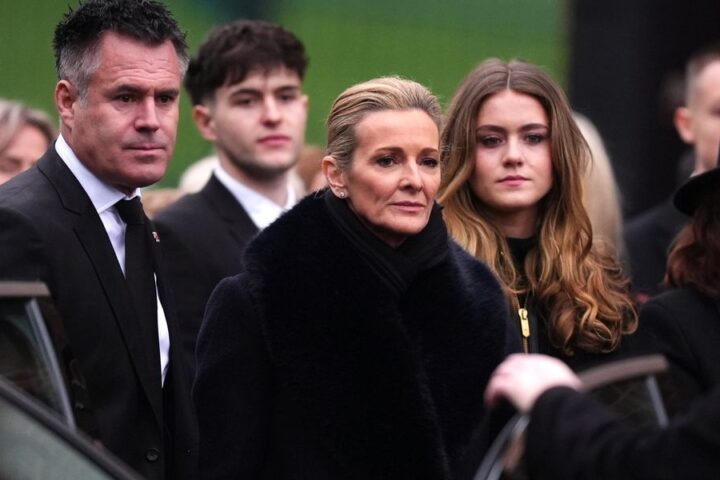On September 29, 2025, Dmitry Medvedev, Deputy Chairman of Russia’s Security Council, issued a stark warning in his Telegram channel, saying while Moscow is not seeking war with Europe, the possibility cannot be excluded. He cited the risk of a “fatal accident” and “hyperactivity of reckless actors” that could escalate into a conflict involving weapons of mass destruction, urging vigilance.
Medvedev questions Europe’s unity and resilience
In his statement, Medvedev argued that European nations often speak of a potential war with Russia within the next five years, but insisted Russia “has no interest” in such a conflict. He described Europe as economically weak, reliant on the United States, and culturally declining, claiming it is “losing its identity” through demographic changes. He labeled European states as “disunited and vulnerable” and their leaders as “worthless degenerates” lacking strategic thinking and the determination required for successful military decisions.
Political signaling and strategic narrative
Analysts interpret Medvedev’s comments as part of a broader Kremlin tactic. His aggressive and provocative tone serves to position him as a hardliner within Russia’s leadership, distinguishing him from a “systemic liberal” image while signaling loyalty to President Vladimir Putin’s stance. Such rhetoric acts as a testing ground to gauge Western reaction to extreme threats, including the potential use of weapons of mass destruction, while maintaining Kremlin deniability. Experts note this contributes to information warfare, creating strategic uncertainty for NATO and EU members.
Context of rising hybrid threats against NATO allies
The statement comes amid a rise in Russian hybrid operations targeting NATO countries, including drone strikes in Poland and Scandinavian states, GPS interference in the Baltic region, and cyberattacks on critical infrastructure. These actions aim to test NATO’s readiness, challenge collective defense mechanisms, and exploit divisions within the alliance. Medvedev’s remarks appear to reinforce this multi-layered strategy of political pressure and intimidation.
Historical framing and propaganda objectives
Medvedev also framed Russia’s stance through a historical narrative, claiming Russia “has always come to Europe as a liberator, not an invader.” This aligns with Kremlin propaganda portraying the war in Ukraine as a mission of “liberation,” justifying the conflict and laying groundwork for potential future incursions. Such messaging also seeks to erode public trust in European leadership, fueling skepticism and populism in the West.
Nuclear rhetoric as a pressure tactic
The deputy security chief’s warning of possible use of weapons of mass destruction is consistent with a long-standing element of Russian foreign policy — nuclear deterrence as a political instrument. This rhetoric serves to intimidate Western capitals and potentially limit military support for Ukraine by exploiting fears of a global catastrophe.
Medvedev’s statement reflects a calculated mix of political positioning, strategic signaling, and propaganda aimed at both domestic and international audiences, intensifying tensions between Russia and Europe.
